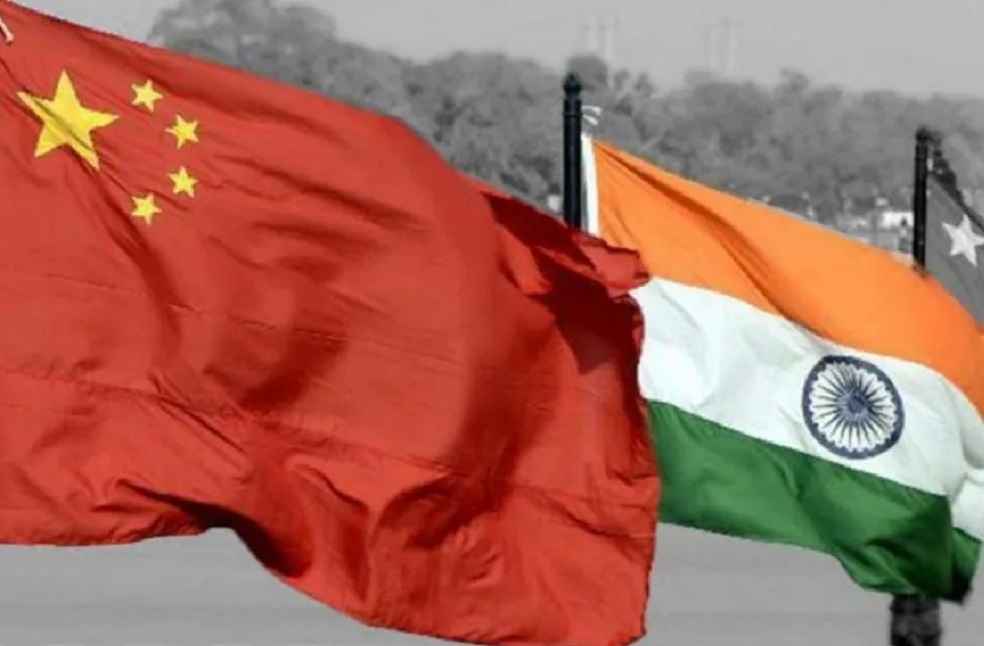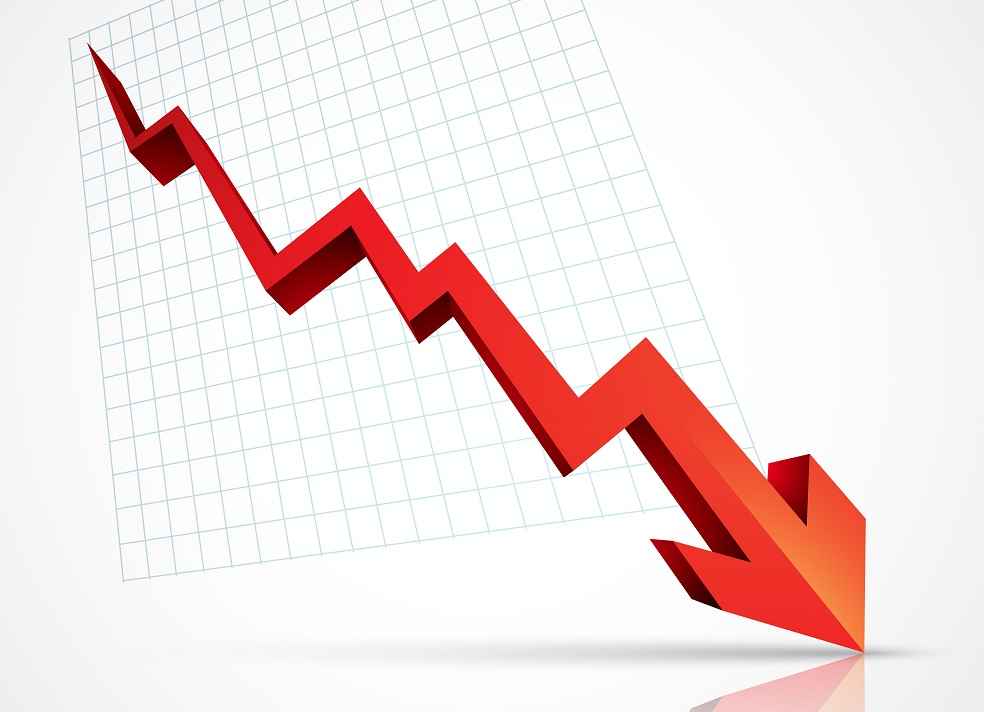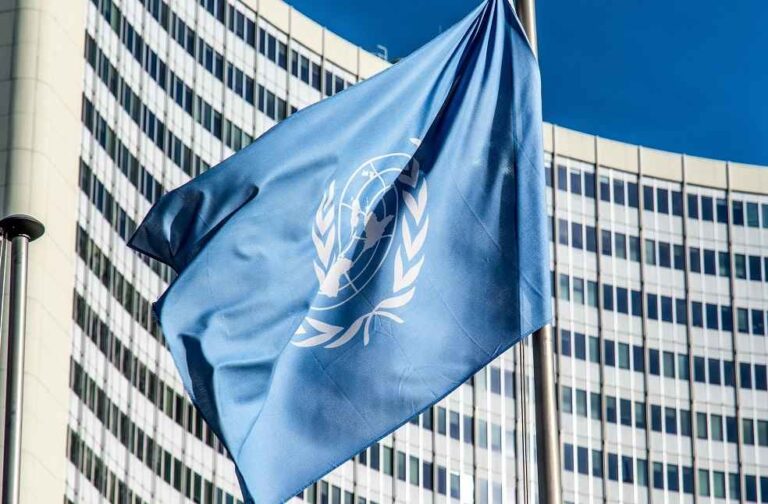At the recent WTO trade policy review of China, India voiced serious concerns over its massive trade deficit and opaque subsidy practices. These measures, as highlighted by India, significantly impact its domestic industries.
Key Concerns
India emphasized that its trade deficit with China is the largest among all its trading partners. A Geneva-based trade official noted New Delhi’s worries about the extent of this deficit and the lack of transparency in Chinese subsidies, which result in lower prices that harm Indian industries.

Trade Figures
For the fiscal year 2023-24, India’s exports to China reached $16.65 billion, while imports from China soared to $101.75 billion, creating a trade deficit exceeding $85 billion. Despite this imbalance, China emerged as India’s largest trading partner, with total bilateral trade at $118.4 billion, slightly surpassing the United States.
Global and Regional Implications
India’s push for transparency and fair trade practices reflects broader issues affecting the Global South. This call is part of a larger effort to ensure equitable trade practices that support the development of emerging economies.

EU’s Position
The European Union also raised critical points during the meeting, urging China to renounce its claim to developing country status in future WTO discussions. The EU pointed out concerns over China’s distortive industrial policies, import substitution practices, and overall lack of transparency.
The WTO trade policy review spotlighted major trade tensions between China and other global economies. India’s substantial trade deficit with China and the EU’s demands for policy changes highlight the need for greater transparency and fairer trade practices. These discussions at international platforms like the WTO are essential for addressing these challenges and fostering a more balanced global trade environment.
IMEX SECTOR | China Tops Japan as Asia’s Leading Avocado Importer in 2023



